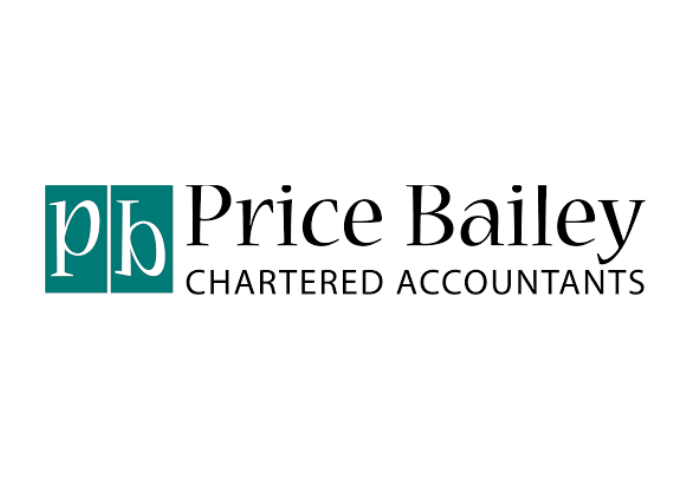With the general election announced for July, Price Bailey is urging healthcare businesses to sell up now to avoid potential post-election tax hikes.
“When a new or existing party leader gets into government, tax rates on selling businesses tend to increase. Businesses in all sectors should look to get their sale in before this happens.”
says Holly Gibson, partner at Price Bailey.
Between 2022 and 2023, the value of UK healthcare transactions rose from £8.6 billion to £15.4 billion, growing more than any other industry, according to recent reports. The prevalence of business sales may stem from rising operational costs, workforce shortages and increasing regulatory pressures, but is further fueled by private equity firms actively seeking opportunities to invest in the healthcare market, attracted by its resilience and potential for growth.
Several high-profile acquisitions from private equity firms have been making headlines in recent months as healthcare business owners look at leveraging the appeal of private equity to optimise the value of their business.
Price Bailey advises selling your healthcare company via a management buyout (MBO), rather than selling overseas, to transfer generational wealth and retain knowledge and expertise within the UK. Gibson notes that there are over 17,000 companies in the UK who could sell to their management teams through an MBO, rather than selling to trade buyers. “Then the economic benefits stay in the UK,” she notes, “with no leakage to international investors or tax authorities in other countries.”
She goes on to explain that, “since the beginning of 2023 there have been 330 healthcare sector MBOs. 22% of these were focused on care services and a further 16% focused on clinical and outpatient services. We’ve found that the average deal value of these MBOs was 6.45x Earnings Before Interest, Taxes, Depreciation, and Amortisation (EBITDA).”
Dentists, opticians and pharmacists will need to start preparing for sale as soon as possible, including ensuring an investigative analysis of the financial performance of the company is carried out to determine its prospects for a sale.
Expanding on this, Price Bailey recommends those looking to sell their healthcare business consider the following steps with the support of their accountants:
- 1. Plan ahead: Establish an exit plan at the earliest opportunity, considering any regulatory requirements and patient care continuity.
- 2. Get ‘sale ready’: Maximise value by conducting an in-depth analysis and action plan to optimise performance, reduce debt, secure revenue, enhance your brand and attract potential investors.
- 3. Identify buyers: Research using industry-specific corporate intelligence databases and professional networks to find suitable buyers familiar with healthcare operations.
- 4. Market effectively: Send targeted teasers to healthcare investors and manage any NDAs required to protect practice information.
- 5. Negotiate: Review offers, select bidders, and negotiate terms while ensuring potential buyers have adequate funding in place, the correct medical licensing needed and access to carry out due diligence.
- 6. Sale completion: Handle due diligence, legal paperwork, and finalisation with attention to healthcare-specific legal and compliance issues and the transition process for the practice and patients.
The management buyout team will typically consist of three people and is built on a foundation of trust between each other and by the sellers and funders, with the current business owners also required to be reasonable on value expectations.
Head to Price Bailey’s website for more information on the process of selling your business via an MBO.



